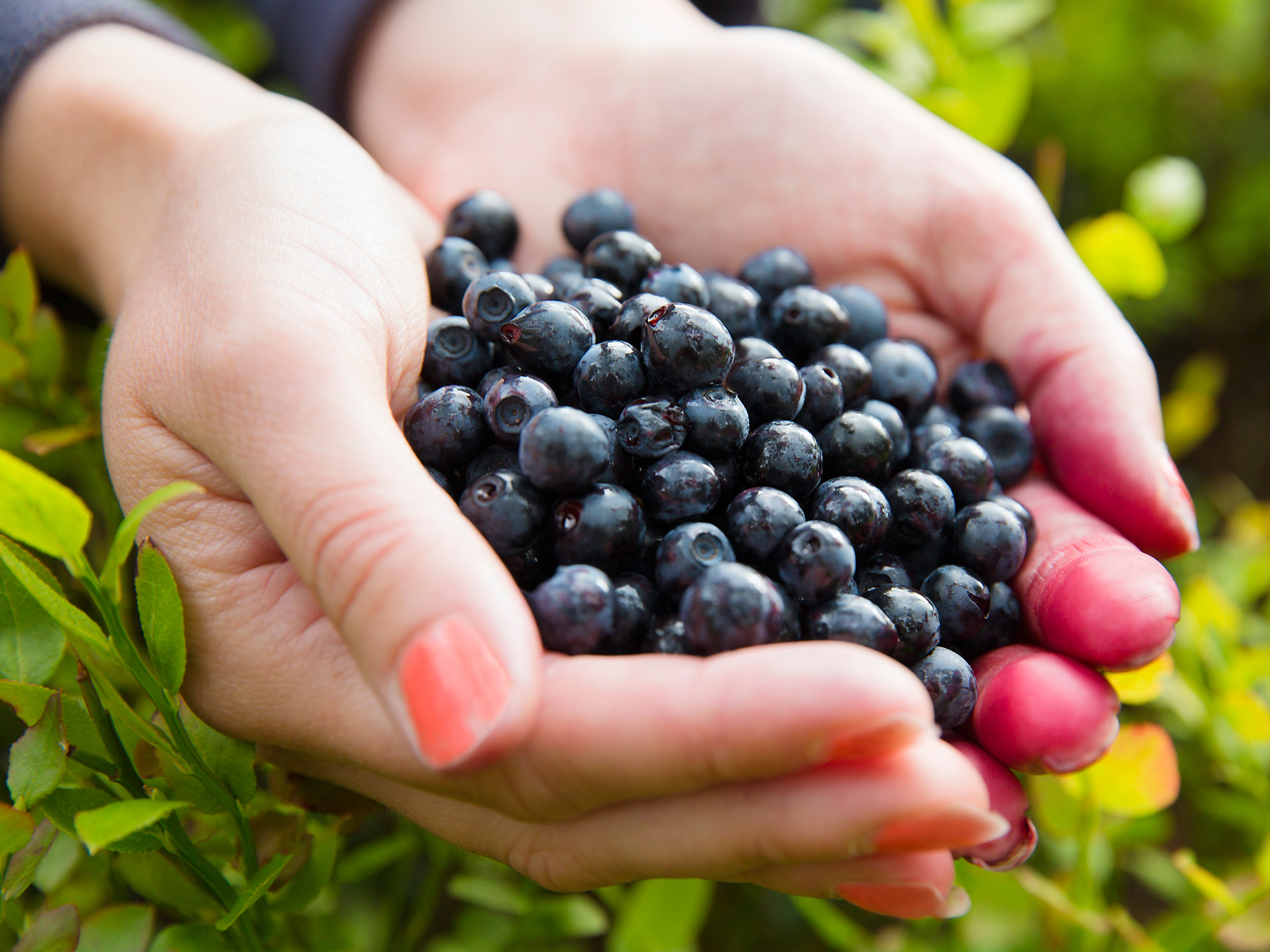

There is a lot of hype when it comes to miracles of weight loss, heart health and longevity.
Diets come and go like the seasons. Fitness programs gain steam and tire out.
And supplement companies pound the pavement in relentless advertising with claims of amazing health benefits of things from faraway places, or with strange-sounding names.
Acai is one example that has been made into a supplement and sold as a wellness miracle. But is it? Perhaps, but not so fast. Today I’d like to look into some of the super claims associated with acai, especially about weight loss, inflammation, heart health and more.
Acai is a fruit…
The acai “berry” is a fruit that looks an awful lot like a grape. Unlike grapes, however, it doesn’t contain very much pulp. Also, the acai contains a single large seed, like the pit of a plum. The fruit grows on trees, with approximately 800 fruits per panicle (which is something like a branch). Acai are harvested and are a staple food in under-developed regions of the world.
Some very big claims…
The health benefit claims for Acai can leave one bursting with enthusiasm. Advertisers claim this miracle fruit can work wonders for arthritis, cholesterol, obesity, heart health, digestion, constipation, energy, erectile dysfunction, inflammation, appetite, detoxification, diabetes, allergies, bloating, water retention, muscle cramps, oxidative stress, and even cancer.
How can ALL this be true?
It’s in the antioxidants…
Well, no matter what the marketing claims, one thing is for certain: acai is packed with antioxidant power. Moreover, it contains fiber, heart-healthy fats and plant phenols giving it an ORAC value of 102,700. The ORAC score is about the antioxidant power of a food regardless of its nutritional content. And acai has many times the ORAC value of any other fruit or vegetable.
Acai is also packed with minerals like calcium, iron, potassium and sodium; and vitamins like A, E and C. And it’s rich in plant sterols which act as vasodilators relaxing blood vessels. This is important for reducing blood pressure, preventing blood clots, calming or preventing migraines, and lowering risk of heart attack and stroke.
Because of acai’s inherent qualities, like other plants and high-ORAC and antioxidant fruits and vegetables it can do wonders for the body. Aside from the overall benefits some studies point to additional specific benefits…
Studies show positive effects
- According to the National Center for Complimentary and Integrative Health, a preliminary study suggested that eating acai fruit pulp might reduce blood sugar and cholesterol levels in overweight people. Laboratory studies have focused on acai’s potential antioxidant properties, and a juice blend with acai as the main ingredient has been shown to have an antioxidant effect in people.
- The journal Biology of Sport published the findings of the effects of supplementation with acai berry-based juice blend on the blood antioxidant defense capacity and lipid profile in junior hurdlers. While the six weeks of consuming the acai blend had “no effect on sprint performance,” it did lead to a “marked increase in the total antioxidant capacity of plasma, attenuation of the exercise-induced muscle damage, and a substantial improvement of serum lipid profile.” These findings are mainly attributed to Acai’s high total antioxidant and polyphenol content.
- The China Journal of Materia Medica presented a study looking at the protective effect of Acai on chronic alcoholic hepatic injury in rats and their mechanism. The researchers found that acai berries show s specific protective effect on alcoholic hepatic injury.

